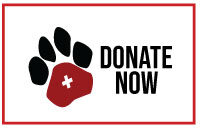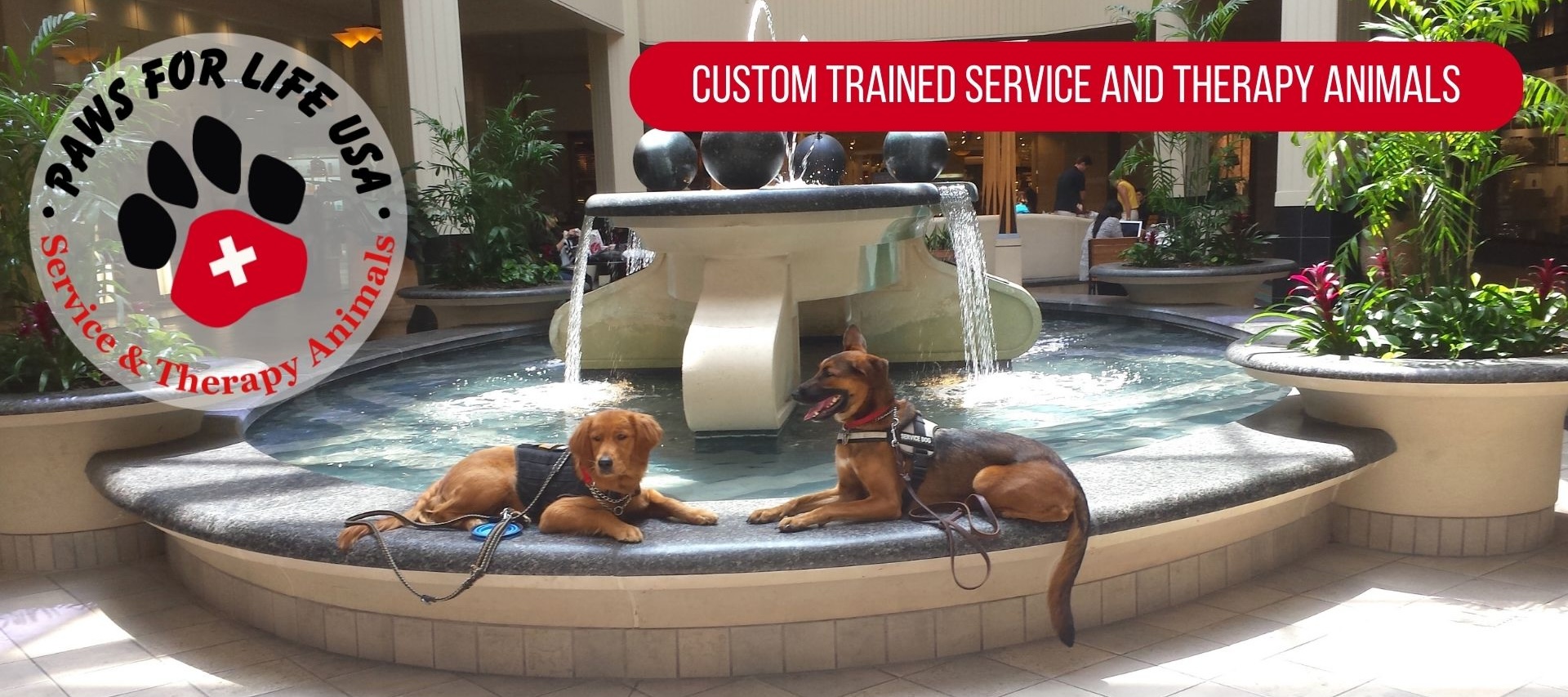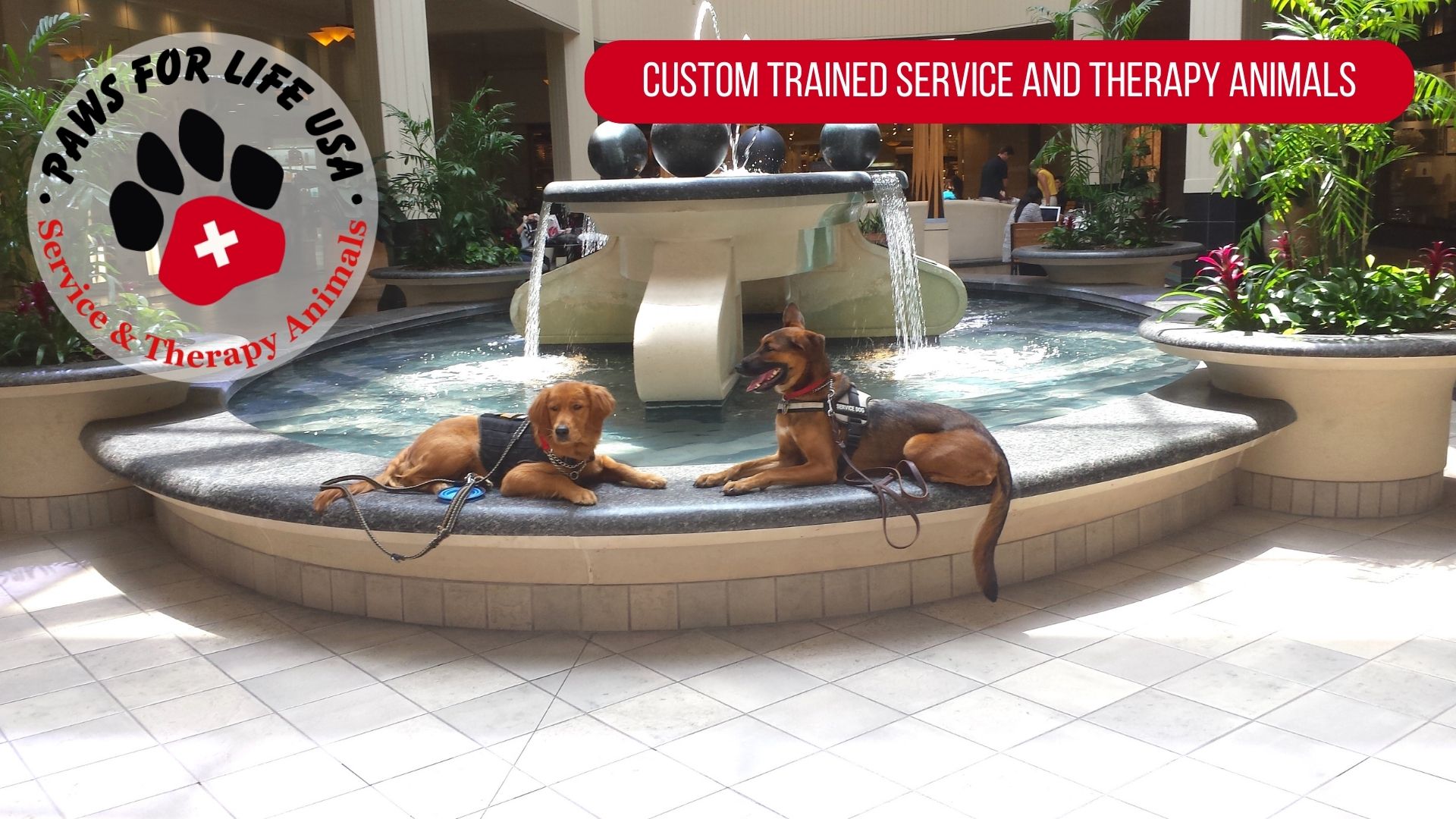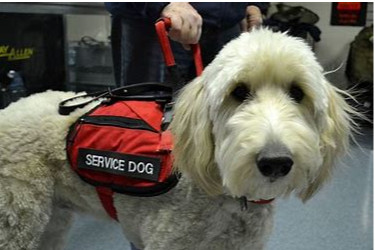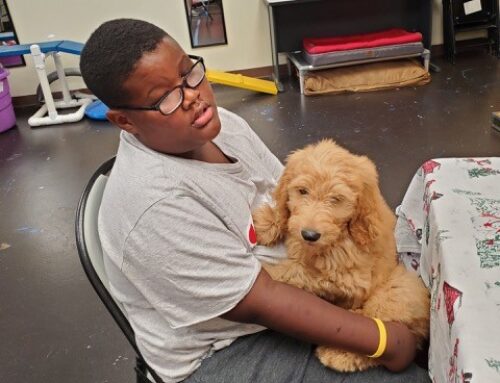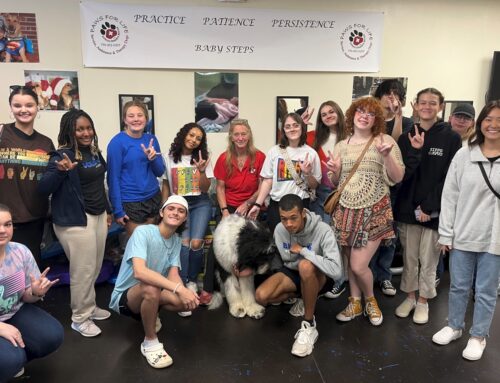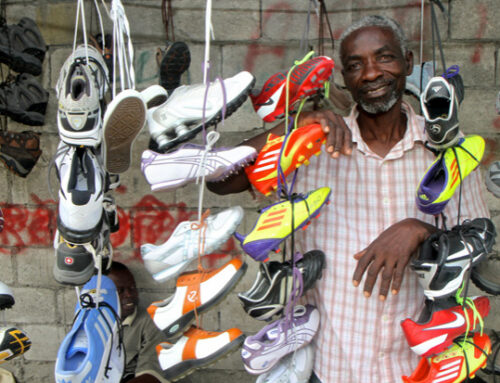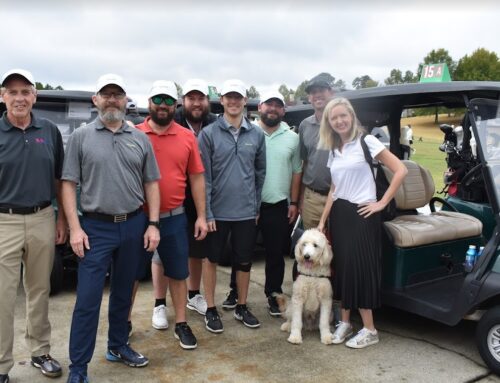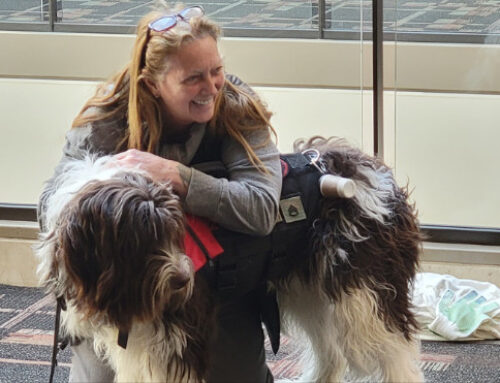According to the CCD and other governmental and private organizations we have found ourselves in an unusual situation with the unknown effects of the Covid-19 virus. We are being advised to use care and stay distanced between others, wash our hands frequently and basically use common sense and not go out to parties, restaurants but for things that are essentials such as medication, food and essential work that cannot be done at home. Take precautions and be smart. We at Paws For Life USA are holding one on one training sessions and we are also still holding for now small group class on Saturday mornings. We are sanitizing equipment and provide wipes to maintain a healthy environment. Our group is set up to be 6 feet apart from the next team and no physical interaction between you or your dog will take place.
Please reach out to us if you have any questions. Wish a one on one class or are coming to group or want some suggestions for continued training at home or out on your errands. This is a time when you and your service animal must deny anyone to touch your service dog. Make sure your dog is not sniffing or rubbing up against surfaces. Make sure you have your antiseptic wipes and wipe over your dog, paws face and equipment. Your dogs cannot wash their paws in soap and water for 20 seconds. Be proactive in making sure you and your service dog stay healthy. We will continue to keep this information updated as we hear anything that will change or address service dogs and their handlers.
We have placed some suggestions for at home training for you and your dog to be able to continue and educational program – please visit the web site for this http://www.pawsforlifeusa.org
Please reach out to us for specific training that we can use this time at home to be able to improve between your dog and yourself, such as fetch, come, watch me.
Updated Guidelines for Service Dog Handlers
News is happening fast concerning the novel coronavirus (officially called COVID-19). Service Dogs present a special challenge for two reasons: 1) Service Dogs accompany their disabled handlers in public and 2) disabled handlers who use Service Dogs may have specific underlying health conditions that put them at higher risk for COVID-19.
Can Pets Contract Coronavirus?: Vet Advice on Dog Face Masks and How the Outbreak Affects Pets Veterinary epidemiologist Anne Kimmerlein says “there is currently no evidence that dogs or cats can be infected with the 2019 novel coronavirus (2019-nCoV). No one is recommending face masks for our service dogs.
Can dogs get coronavirus?
- First of all, there are many different types of coronavirus. The term “corona” refers to the crown shape the virus has when observed under a microscope. COVID-19 is the name for the specific type of coronavirus that is in the news today. Different coronaviruses can infect different species of animals and birds. There is a corona virus ( technically called CCoV) which is a highly infectious intestinal infection in dogs, especially puppies. Canine coronavirus is usually short-lived, but may cause considerable abdominal discomfort. It is not transferable to humans.
- The coronavirus in the news is a new strain and is not thought to infect dogs.
Can dogs carry or transfer coronavirus to humans?
- Currently there is no evidence that pets, working dogs or service dogs can transfer COVID-19, however, details are still emerging about how COVID-19 is transmitted.
- No studies have been conducted on pets and questions remain about how long the virus is viable for on a dog’s fur, paws or saliva. Sheila McClelland, the founder of Hong Kong-based Lifelong Animal Protection Charity (LAP) wrote a letter to Hong Kong authorities which states, “Present evidence suggests that dogs are no more of a risk of spreading (coronavirus) than inanimate objects such as door handles.”
- We already know that coronaviruses can live on surfaces and objects. Researchers are currently studying how long the virus can exist on surfaces — but the most recent information is that it can last for up to three days.
How should Service Dog handlers and pet owners protect themselves from COVID-19?
- Good hygiene is the best practice to protect everyone from disease, not only concerning Service Dog Handlers and Coronavirus
- Discourage people from petting your Service Dog.
- Wash your hands frequently.
- Avoid large groups if possible.
- Some dog owners in China are using face masks on their animals, however we along with most other experts believe there is no benefit to this practice. In fact, the use of face masks on dogs can be distressing and could cause them to panic.
- Do not wash your dog with bleach, harsh detergents or spray them with disinfectants. Wash your dog as usual with dog shampoo and water.
- If you use a vest for your dog, wash it when you wash your dog.
- Clean high contact points more frequently.
- If you can, carry a bottle of hand sanitizer for times when you are unable to wash your hands. It is important that any hand sanitizer is at least 60 to 95 percent alcohol and that you rub your hands together until they are dry.
- Make sure that all your dog’s documentation is up-to-date and in order.
- Make sure that you and your dog are drinking plenty of water.
- Eat responsibly and healthy.
What should Service Dog owners with COVID-19?
- The Center For Disease Control is continually updating guidelines on this rapidly evolving situation. Please refer to the CDC’s Interim Guidance for Public Health Professionals Managing People With COVID-19 in Home Care and Isolation Who Have Pets or Other Animals
If you test positive for coronavirus, please notify your State Public Health Veterinarian
- If testing confirms that you have COVID-19, the CDC is asking that you tell your doctor and inform your state’s veterinarian that you have a Service Dog or pets at home.
- Treat pets as you would other household members and limit contact as much as possible including petting, snuggling, being kissed or licked, and sharing food.
- Service animals should be permitted to remain with their handlers.
- If possible, a household member should be designated to care for pets in the home.
- If the individual in home care and isolation must care for pet(s), including service animals, they should ensure they wash their hands before and after caring for pets and wear a facemask while interacting with pets, until they are medically cleared to return to normal activities.
- Please review our Hospital Rights for Service Dogs.
We know that this is a stressful time for so many right now as new information is developing each day. We will continue to stay informed and make any necessary changes based on public health recommendations.
